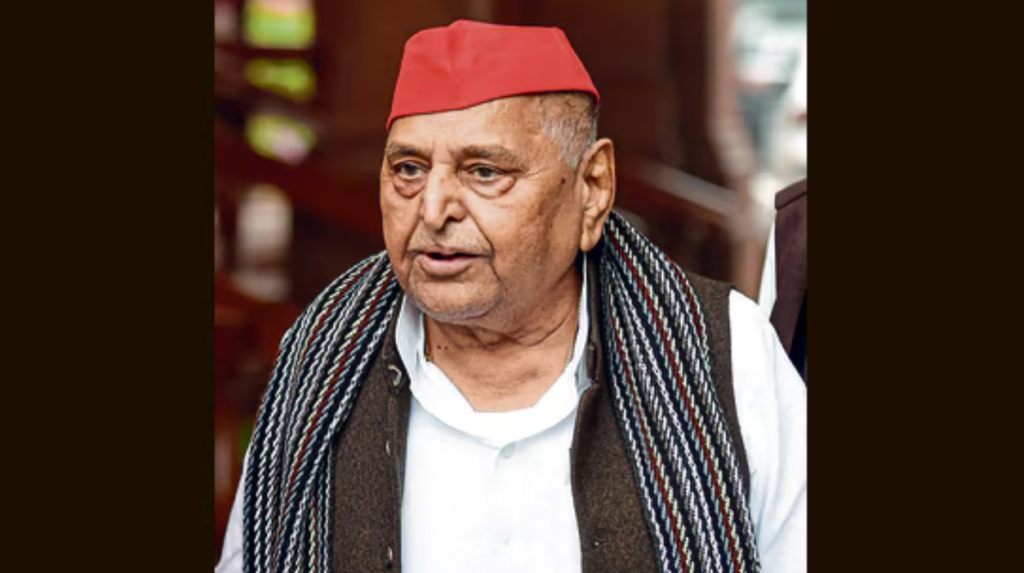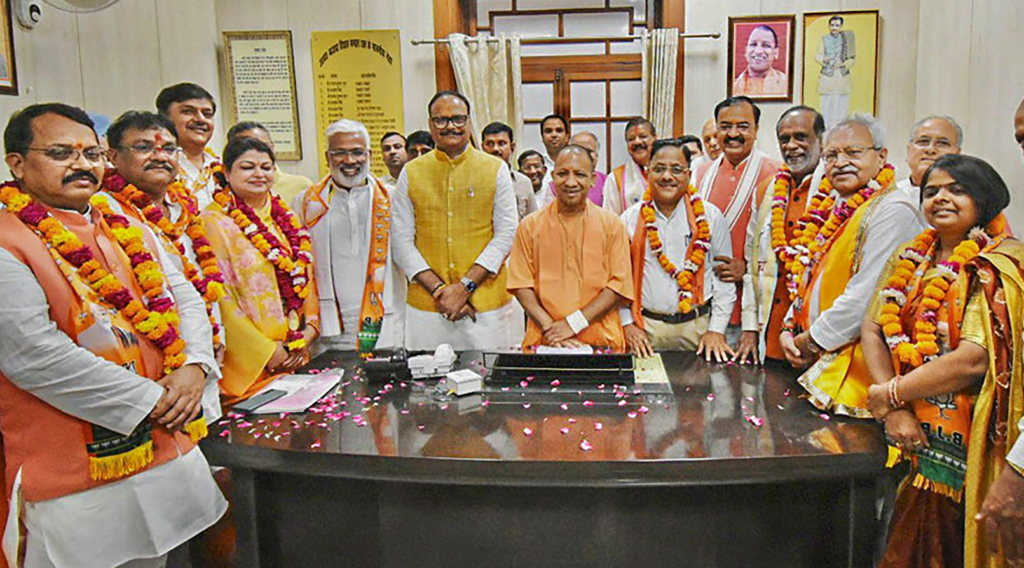Rise of ‘Bhaisaab’
From ‘Comrade to Bhaisaab’, Indian politics has traversed a fascinating journey, reflecting the changing political power and cultural influence. During the era of communist dominance, “Comrade” was the preferred salutation, signifying camaraderie and ideological unity. This term was commonly used in regions where communist ideology held sway and was a testament to the party’s emphasis on equality and fraternity.
As the Indian National Congress held sway over more than three-fourths of the country, the customary salutation shifted. It was common to append “ji” to a name or use the respectful “sir,” reflecting the party’s deep-rooted influence and the formal politeness that characterized its interactions. Congress leaders were often addressed with deference, underscoring the hierarchical and somewhat aristocratic nature of the party’s structure.

In contrast, the Samajwadi Party popularized the term “Netaji,” a title imbued with respect and a nod to leadership rooted in grassroots connections. This term became synonymous with the party, highlighting its focus on social justice and its connection to the common man. Netaji symbolized a leader who was approachable yet held in high regard, a figure who represented the aspirations of the people.
In the Indian politics, dynastic parties often develop unique terminologies that reflect their internal cultures and hierarchies. These terms serve to create a distinct identity and foster a sense of belonging and loyalty among party members.
The Bharatiya Janata Party (BJP) has introduced the term “Bhaisaab” as a common salutation for its leaders. The use of “Bhaisaab,” meaning elder brother, carries a sense of familiarity and respect. It implies a close-knit community where leaders are seen as part of an extended family. The magic of this term is such that during BJP’s regime, invoking “Bhaisaab” can be a powerful tool. Mentioning “Bhaisaab” to officials can often get work done without questions, as the term has become synonymous with authority and influence.

From the highest echelons of the BJP to the mandal (local) level, many leaders are addressed as “Bhaisaab.” This widespread usage of the term reflects the party’s emphasis on unity and collective strength. When the BJP is in power, these “Bhaisaabs” vie for proximity to the power center, each trying to wield influence and assert their position within the party hierarchy.
The evolution of salutations in Indian politics—from “Comrade” to “Bhaisaab”—mirrors the changing dynamics and cultural shifts within the country’s politics. Each term carries its own historical and ideological connotations, shaping how leaders are perceived and how power is exercised within different political frameworks.
E V Murli
(Resident Editor The Hitavada).
